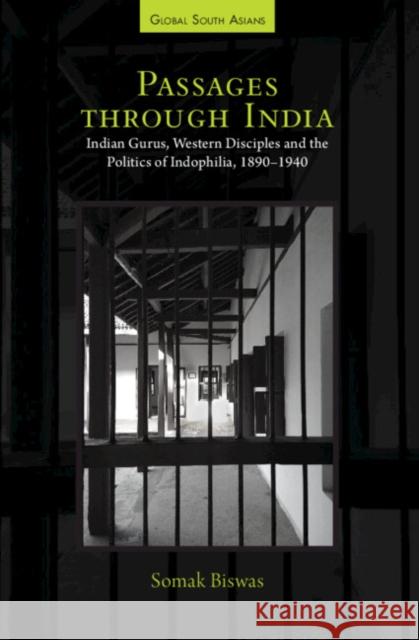Passages through India » książka
topmenu
Passages through India
ISBN-13: 9781009337984 / Twarda / 2023 / 320 str.
Passages through India
ISBN-13: 9781009337984 / Twarda / 2023 / 320 str.
cena 399,89
(netto: 380,85 VAT: 5%)
Najniższa cena z 30 dni: 395,88
(netto: 380,85 VAT: 5%)
Najniższa cena z 30 dni: 395,88
Termin realizacji zamówienia:
ok. 16-18 dni roboczych.
ok. 16-18 dni roboczych.
Darmowa dostawa!
Analyses the phenomenon of western Indophilia, its ideological and affective composition, and its political implications in late-colonial British India.











